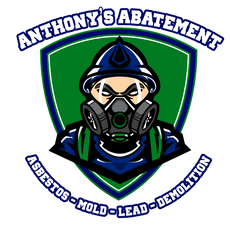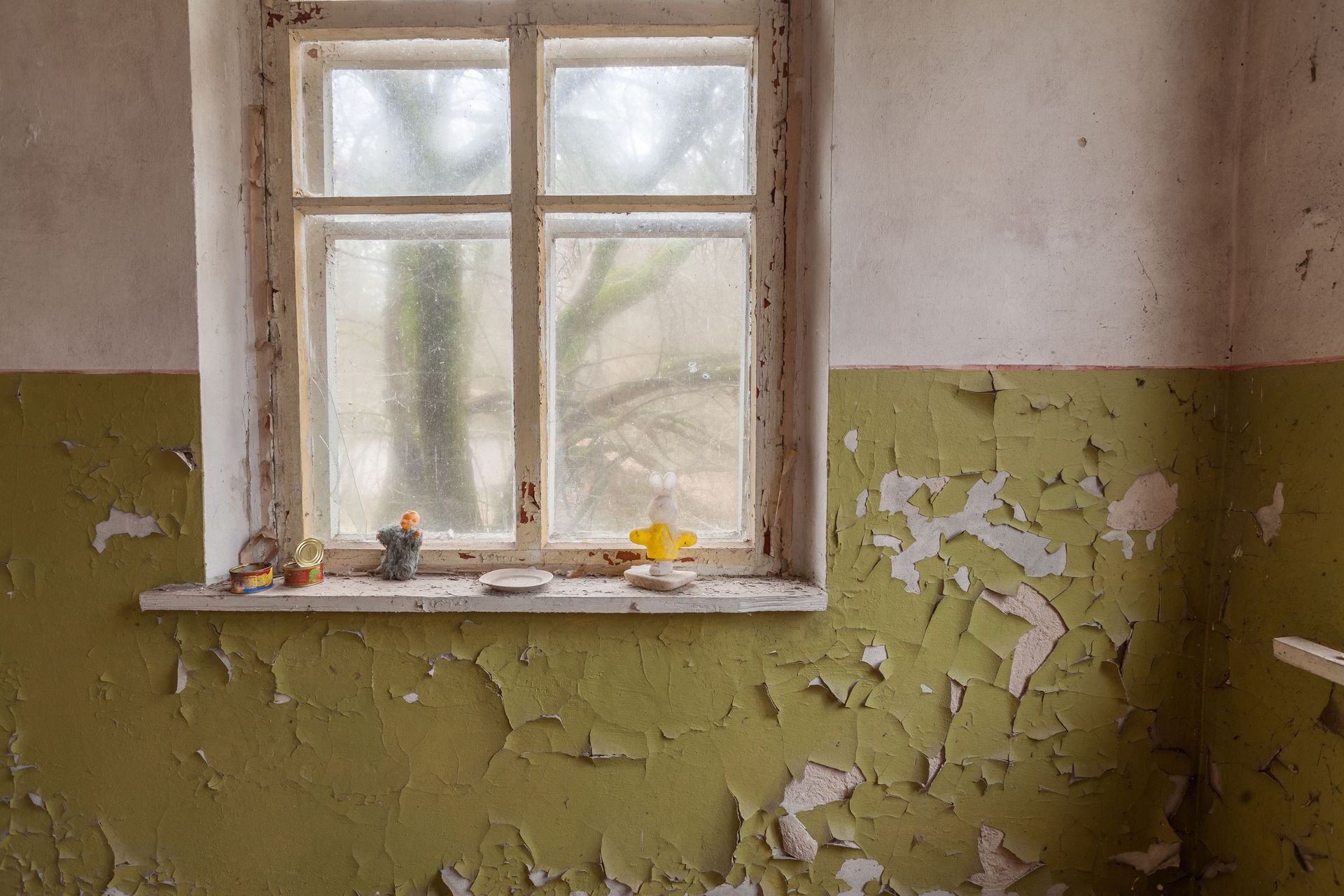What to Do If You Suspect Asbestos in Your Connecticut Home
Asbestos, once a widely used building material known for its fire resistance and durability, is now recognized as a serious health hazard. Homes built before the 1980s often contain asbestos-containing materials, and when these materials deteriorate or are disturbed, they can release harmful asbestos fibers into the air. In Connecticut, where many older homes still stand, it's essential to be vigilant about asbestos. If you suspect asbestos is present in your Connecticut home, here's a step-by-step guide on what to do to protect your health and safety.
Think You Might Have Asbestos In Your Connecticut Property? Here's What You Need to Know:
1. Don't Disturb Suspected Materials:
If you suspect asbestos may be present in your home, the first rule is to avoid disturbing any materials that could contain asbestos. This includes refraining from drilling, cutting, sanding, or demolishing suspected materials. When asbestos is disturbed, it releases microscopic fibers that can be inhaled, leading to a slew of health complications.
2. Seek Professional Assessment:
Contact a licensed asbestos professional for a thorough assessment. Certified asbestos inspectors have the expertise to identify asbestos-containing materials and assess their condition. They can collect samples for testing to confirm the presence of asbestos.
3. Do Not Attempt DIY Testing:
While DIY asbestos testing kits are available, it's advisable to leave asbestos testing to trained professionals. Improper handling of asbestos-containing materials during testing can lead to fiber release.
4. Follow Local Regulations:
Familiarize yourself with local regulations regarding asbestos testing and removal. Connecticut has specific rules and requirements for asbestos-related activities. In Connecticut, homeowners who suspect asbestos may be lurking in their house should have a licensed inspector obtain a sample for analysis before attempting any sort of removal or renovation project. If asbestos abatement is required and it involves more than three linear or three square feet of asbestos-containing material, it must be performed by a licensed contractor. And once the project is completed, the asbestos must be disposed of at an approved disposal site.
5. Isolate the Area:
If you can, isolate the area where asbestos-containing materials are suspected to prevent further exposure. Restrict access to this area, especially if it's a space regularly used by your family.
6. Consult an Abatement Expert:
If asbestos is confirmed, consult with an asbestos abatement expert. Not only is DIY removal of asbestos unsafe, but in most cases DIY removal is illegal, and improper disposal of asbestos is also illegal.
7. Plan Renovations Carefully:
If you plan renovations or repairs that may disturb asbestos-containing materials, consult with asbestos professionals to develop a safe and compliant removal or containment plan.
8. Maintain Records:
Keep detailed records of all assessments, tests, and removal or containment activities. This documentation may be necessary for legal or disclosure purposes, especially if you intend to sell your home.
9. Communicate with Relevant Parties:
If you're in a rental property, inform your landlord or property manager about your concerns. If you're selling your property, disclose the presence of asbestos-containing materials to potential buyers.
10. Prioritize Health and Safety:
If you or anyone in your household experiences symptoms that could be related to asbestos exposure, such as respiratory issues, seek medical attention promptly and inform your healthcare provider of your potential asbestos exposure.
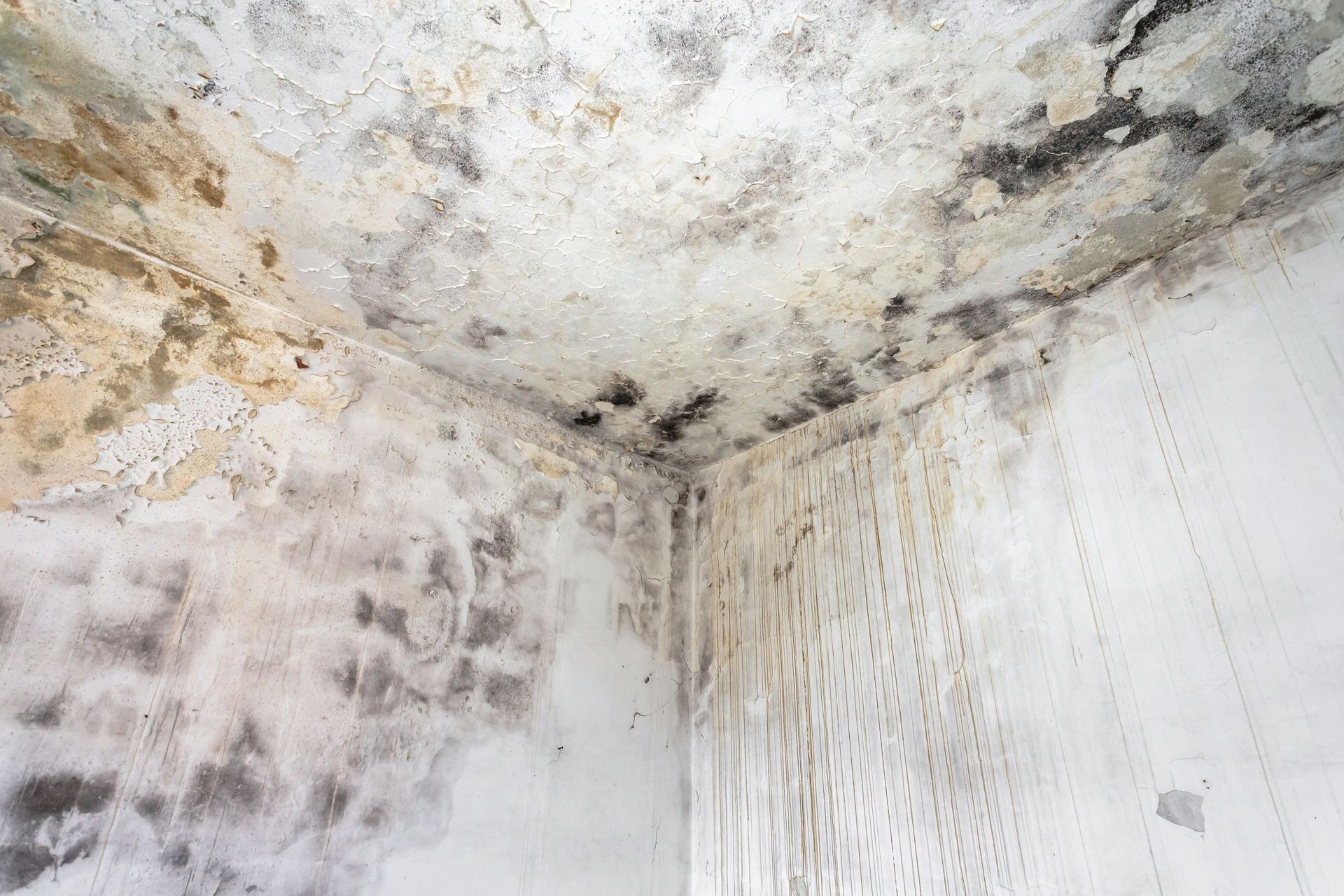
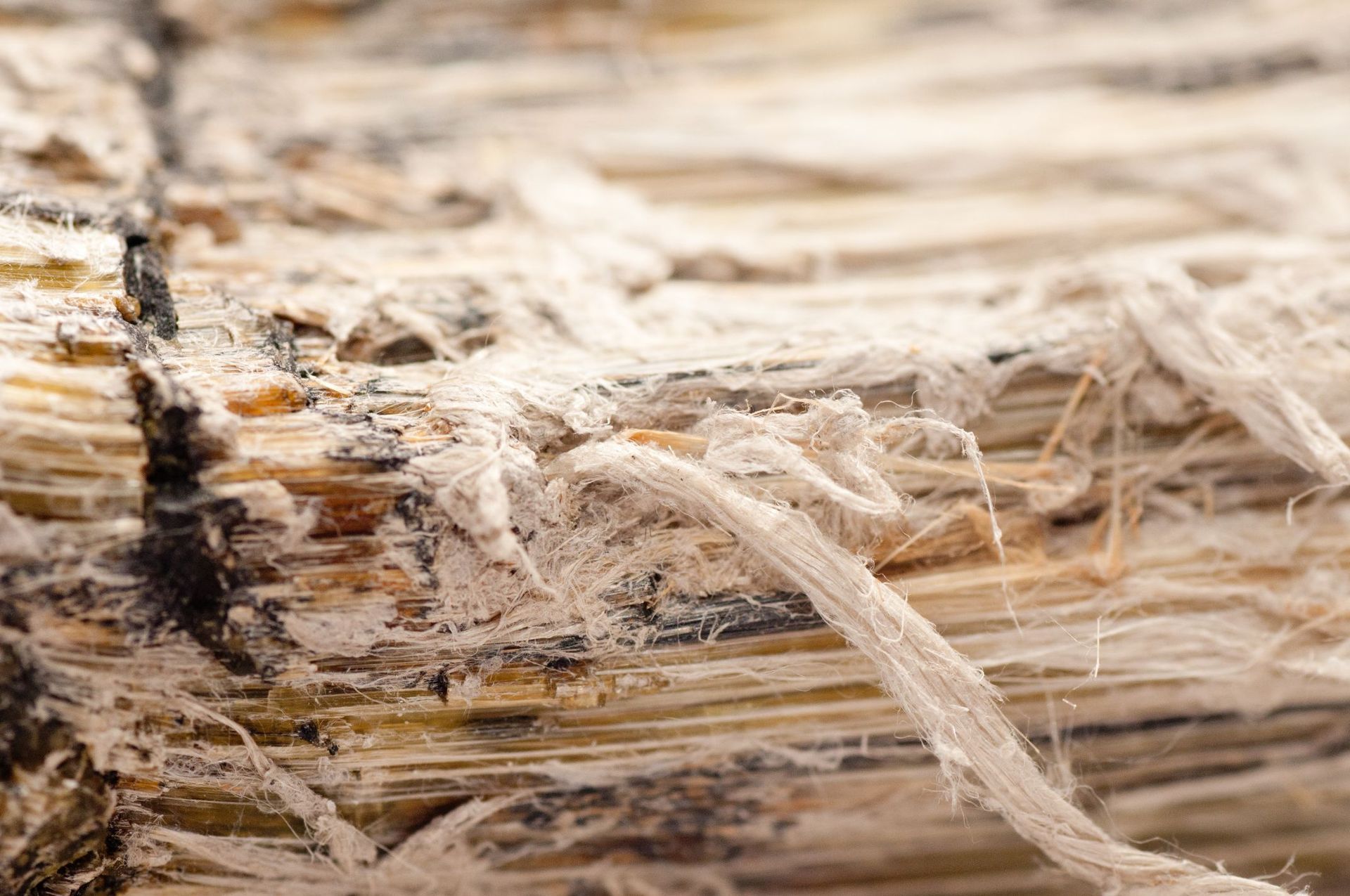
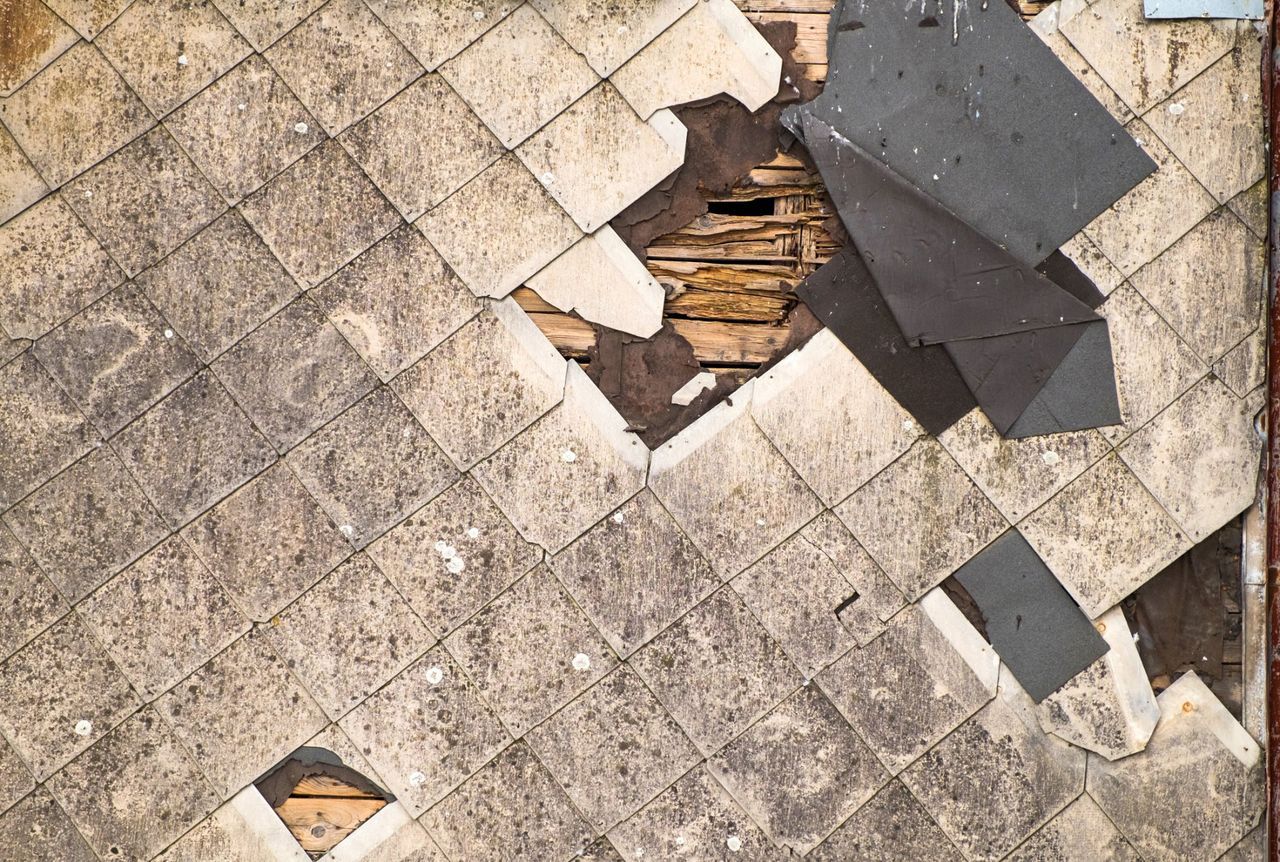

We're Available 24/7 for Any Asbestos, Mold, or Lead Emergency
Contact Anthony's Abatement
For more information about our services or to schedule an appointment, call us at (980) 412-2658 or complete the form on our contact page and we’ll get back to you as soon as possible.
OR CLICK TO CALL 24/7
(980) 412-2658

Licensed & Insured for the Job
Asbestos License: 000841
HIC: 0656806
IICRC Reg#: 67133637
Lead Abatement#: 2413
Our Services
Quick Links
Contact Information
karla@atrcompanies.com
71 Raymond Rd, West Hartford, CT 06107, United States of America
All Rights Reserved | Anthonys Abatement
